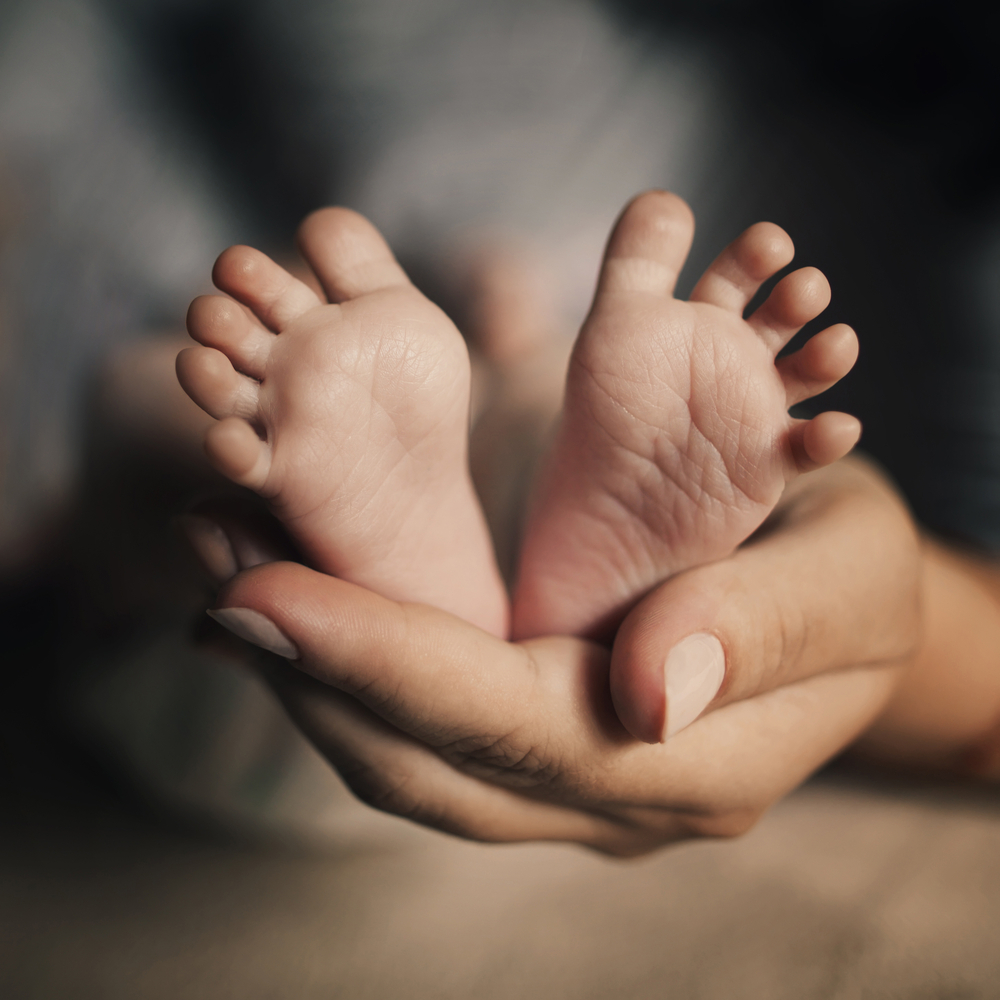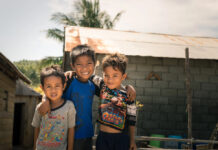From The Conversation:
“…Recent advances in research on human development, and brain science in particular, have revealed that traumatic childhood literally changes the human body. It affects brain development, the programming of our stress response system and is even passed on to the next generation.
Knowing this helps us better understand why somebody might develop mental illness or addiction. For example, people who score four items or more on a scale of 13 traumatic childhood events (like neglect or exposure to violence) are 37 times as likely to attempt suicide as people without childhood trauma. They are also 10 times as likely to develop problematic drug use as people with less trauma exposure….
In a recent editorial for the Journal of Child Psychology and Psychiatry, we argued that prevention programs have a lot of promise but require extremely early action, namely during pregnancy and the first two years of life.
That narrow timing is critical because those earliest years provide a window in which environmental experiences become biologically embedded, and then very difficult to change…
Understanding this typical brain development leads to one overwhelmingly clear message: that we need to invest in parallel physical and mental health approaches to support healthy pregnancies and stable, caring early childhoods. However, a lot of political will and cultural sensitivity is needed for these programs to succeed.”















